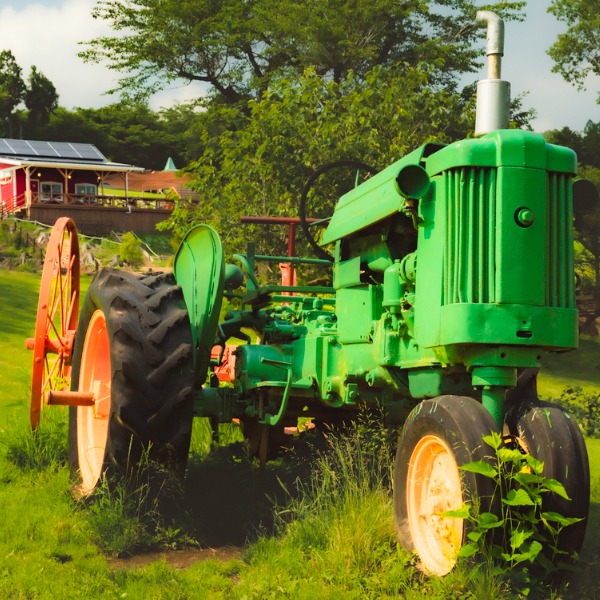A well-running fuel system can make the difference between a smoothly running engine or anything from rough operation to a no-go stall. Performing maintenance on your fuel system to make sure everything is in prime operating condition pays off. Like any operating system, one bad component can adversely affect the whole system. Because you can’t operate a tractor without the fuel system, it’s important that every component is working in harmony.
Importance of fuel system maintenance
Keeping your fuel system in tiptop shape involves everything from inspecting major components like pumps and injectors to consumable products like filters and fuel line. One of the biggest problems of fuel systems is residue buildup from contaminants. Residue can impede the consistent flow and delivery of fuel throughout the system. When fuel can’t flow as needed, you’re going to have problems.
Here's what to check when doing a fuel system inspection:
1) Carburetor: Many older tractors are equipped with a carburetor, which performs the function of mixing fuel with air for delivery to the internal combustion engine. You don’t always have to replace the entire carburetor. Sometimes you can rebuild it with a carburetor kit. A malfunctioning carburetor leads to hard starts, rough idling and poor fuel economy.
2) Fuel Injectors: More modern designs use fuel injectors rather than carburetors. A fuel injector does exactly as the name suggests. It injects fuel, in this case into the intake manifold, where the fuel and air mix for delivery to the combustion chamber. Signs of a failing fuel injector are similar to the ones shown by a bad carburetor: hard starts, rough idling and poor fuel economy.
3) Fuel Pump: The fuel pump has the job of pumping fuel from the tank. It’s another major component that plays a vital role in fuel delivery. If your pump is going bad, you’ll experience difficult starts, sputtering engine operation or even surging power problems.
4) Sediment Bowl: Many older tractors have a small part that plays a big role in fuel management. The sediment bowl filters and traps particles and contaminants to keep fuel cleaner. As the sediment bowl collects particles, it should be periodically replaced.
5) Fuel Filter: The fuel filter does exactly what the name suggests. It keeps fuel cleaner by capturing particles and contaminants. The filter will eventually get loaded with particles, resulting in a need for replacement.
6) Fuel Solenoid: The fuel solenoid acts as a valve to manage the flow of fuel within the engine. The fuel solenoid receives an impulse that opens or closes the valve to allow or restrict the flow of fuel. As fuel solenoids age, the valve functionality often declines, which can cause sluggish starts or stalls.
7) Fuel Line: Sometimes referred to as fuel hose, fuel line serves as the connector to allow fuel to move through the system. It’s helpful to check your fuel line for leaks, cracks or brittleness. Fuel line is something you can expect to replace periodically.
8) Fuel Treatment: Moisture and contaminants can build up in your fuel system, causing corrosion and residue deposits. To manage these problems, it’s beneficial to periodically use fuel treatment as part of routine maintenance.
Good maintenance keeps fuel systems operating smoothly
A regular maintenance schedule for your fuel system pays off with more reliable performance. Like all tractor upkeep. It’s best to do this work on your schedule rather than waiting for a breakdown at the worst time. If you haven’t inspected your fuel system in a while, now is a great time to do it.
Return to the Buying Guide main page.

